Which major automaker might be partnering with Fisker for an electric pickup?
Should EV charging stations be allowed where gas stations aren’t?
This is our look back at the Week In Reverse—right here at Green Car Reports—for the week ending March 2, 2024.
Ford detailed how EV owners can reserve a free Tesla charging adapter that, with Ford’s app or in-vehicle interface, will provide Ford EVs with Tesla Supercharger access. Route planning isn’t part of it quite yet, and it’s unclear how Tesla will manage the extra congestion and whether, as Tesla CEO Elon Musk had hinted in the past, slower-charging non-Tesla EVs might be charged extra.
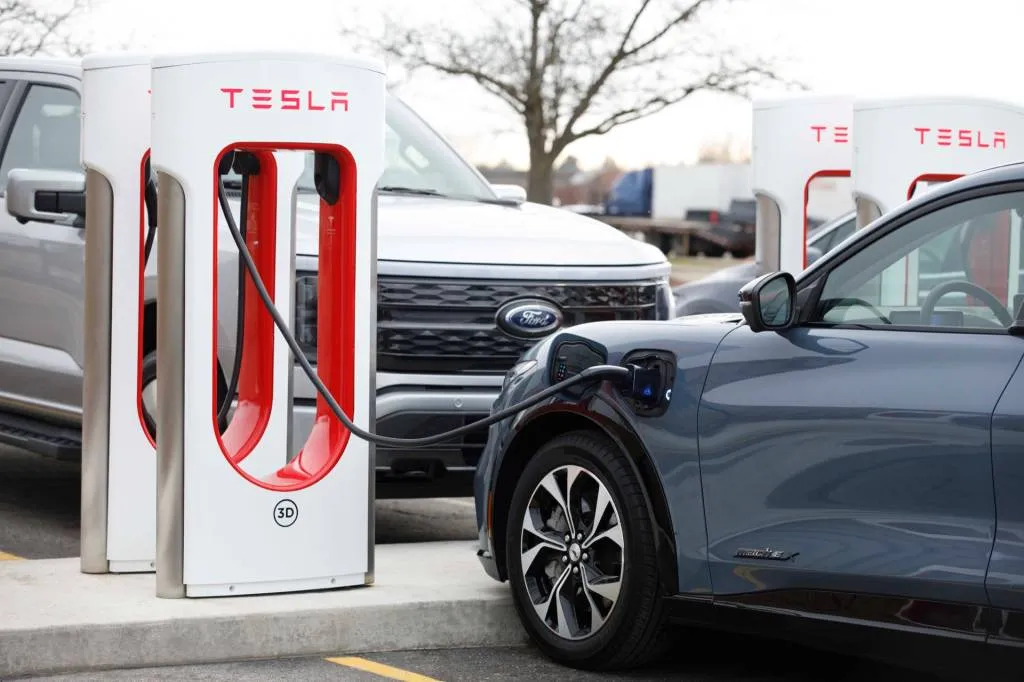
Ford EVs at Tesla Supercharger
Rivian also will be adding Tesla Supercharger sites to its trip planner in March, the company confirmed Thursday. Tesla NACS adapter shipments to current Rivian drivers are due to start soon after that.
The 2024 Volkswagen ID.4 lineup gets a higher price—although much of the lineup offers substantial upgrades including stronger performance and a much-improved infotainment system.
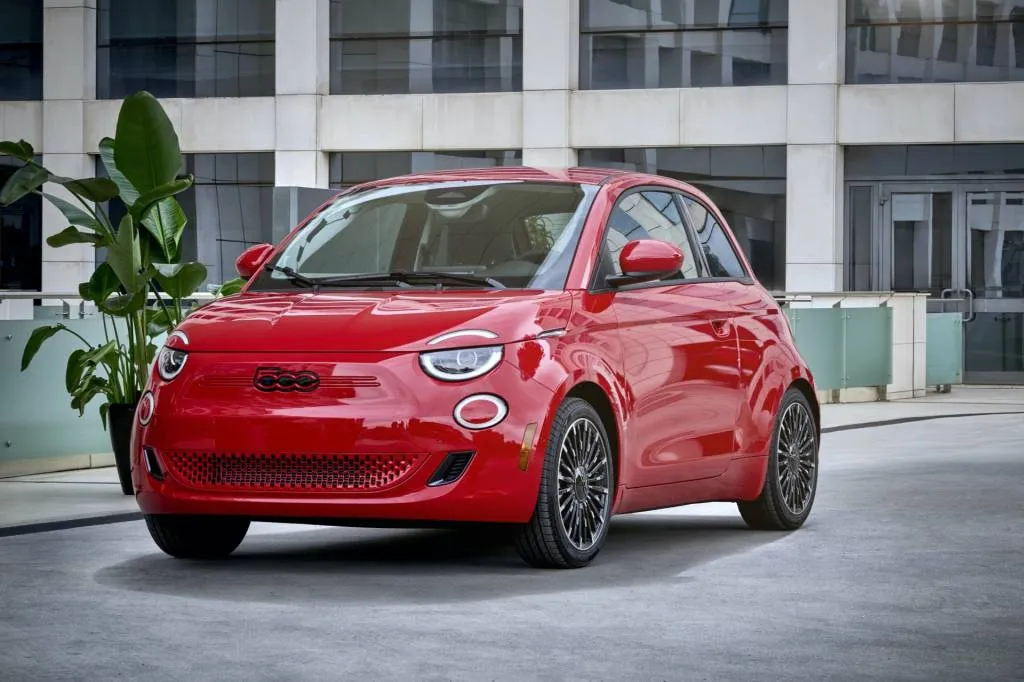
2024 Fiat 500e
The tiny 2025 Fiat 500e, arriving in March, will be a big litmus test for the U.S. EV market. Will Americans embrace a small, two-door, urban-focused EV with well under 200 miles of range—potentially maybe with tech like battery-swapping?
Fiat also provided a glimpse of its future in the form of five stylish compact EV concepts, including a pickup and camper. However it has indicated that production models based on these concepts will include a mix of hybrid and internal combustion powertrains.
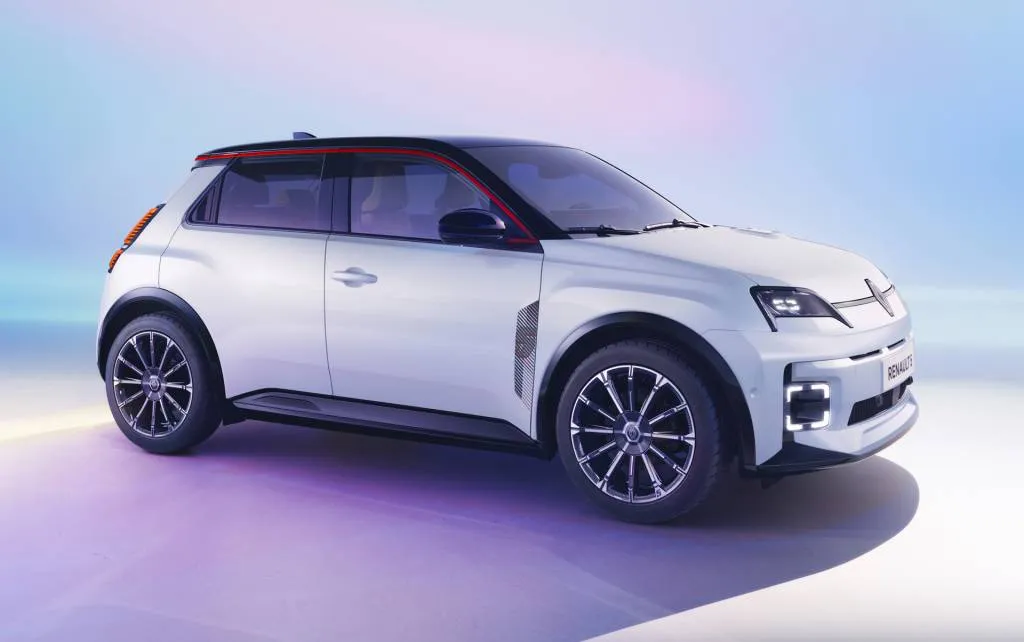
2025 Renault 5 E-Tech
Renault brought back a hot-hatch design from decades ago, in the form of the Renault 5 E-Tech EV—at a lower price than any electric car currently offered in the U.S. Currently, though, there are no plans to bring it or the brand to the U.S.
Honda revealed the upcoming fuel-cell version of its Honda CR-V and, once again, it will only be available by lease in California. This time it’s different, though: The 2025 Honda CR-V e:FCEV has a charge port, so drivers can charge up the battery pack for 29 battery-electric miles, followed by what Honda anticipates as about 241 miles of hydrogen fuel-cell propulsion. That is, if you can find somewhere along the way to fuel up.
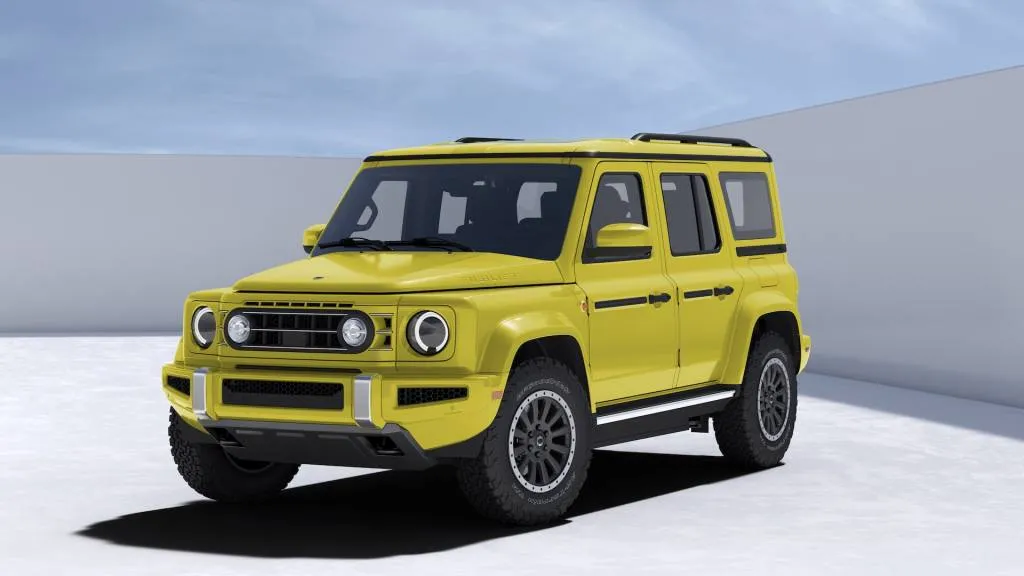
Ineos Fusilier
The off-road maker Ineos announced its first fully electric vehicle, the Fusilier electric SUV. However, as it revealed the model, built on a separate skateboard platform, the company noted that EVs are only suitable for “shorter trips and urban deliveries”—underscoring that its range-extended version yet to be detailed will be a better choice for other uses.
Does liquid hydrogen have the potential to make fuel-cell long-haul trucks more viable versus EVs? With tech from Linde Engineering, a Daimler Truck project using supercooled liquid hydrogen promises smaller station footprints, fast dispensing, and the potential to fit a lot of energy into a smaller space—something closer to gas or diesel by volume but of course far lighter than battery packs. But there appear to be cost and energy drawbacks for hydrogen storage that have yet to be overcome.
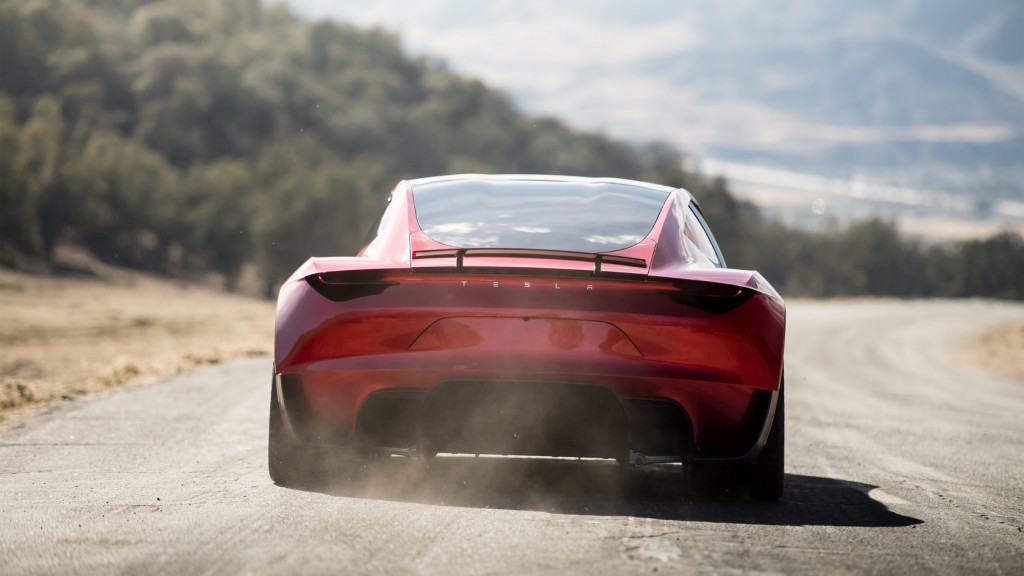
2020 Tesla Roadster
Is the Tesla Roadster getting a few more technology tricks, via SpaceX? That appears to be what CEO Elon Musk suggested with recent posts—accompanying another delay for the long-anticipated electric sports car, of course.
Three EVs are on the IIHS Top Safety Pick+ shortlist, despite tougher requirements, with a handful of EVs qualifying for the next-best Top Safety Pick award. It signals not just that shoppers can choose fully electric vehicles with market-leading safety, but that the agency is putting more EVs through its full battery of testing.
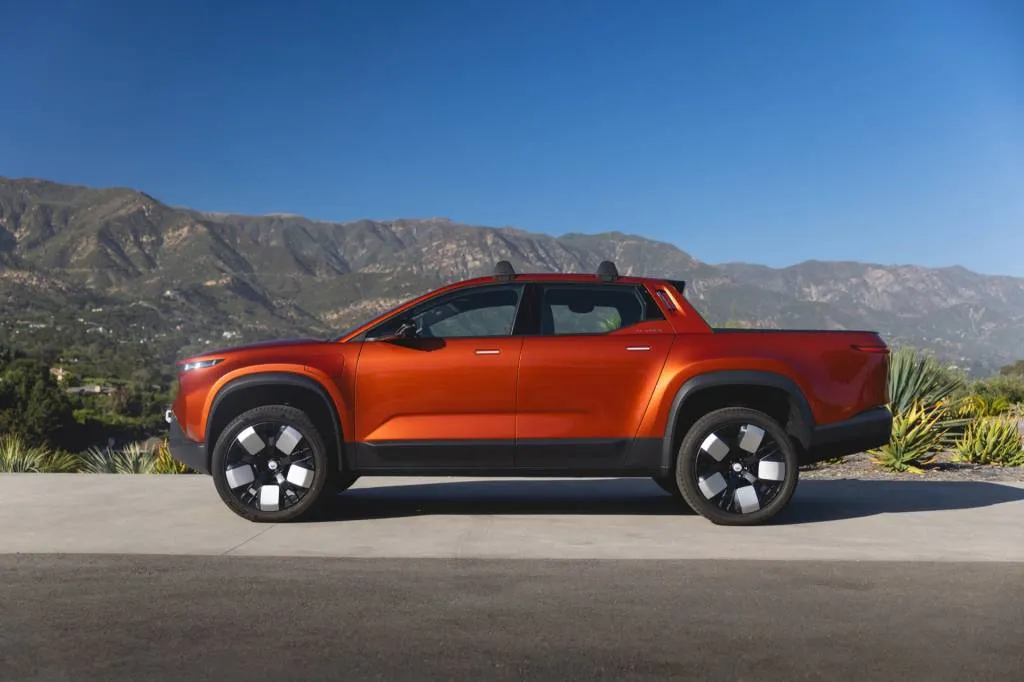
Fisker Alaska electric truck concept
Fisker confirmed with an earnings report and update delivered Thursday that it’s in talks with an unnamed “large automaker” for EV platforms, investment, and North American manufacturing. With a massive $463 million net loss for the quarter, the Foxconn partnership potentially off, and future EVs like the Pear on hold, the future of the fledgling brand is definitely uncertain. Later on Friday, according to a Reuters report, that large automaker is Nissan—and the arrangement might result in a related Nissan electric truck.
Britain’s Aston Martin has delayed its first EV due to what the company called a lack of demand. It’s now aiming to emphasize plug-in hybrids a bit more, and targets a 2025 arrival for the Aston EV, which will lean on Lucid for some powertrain components.
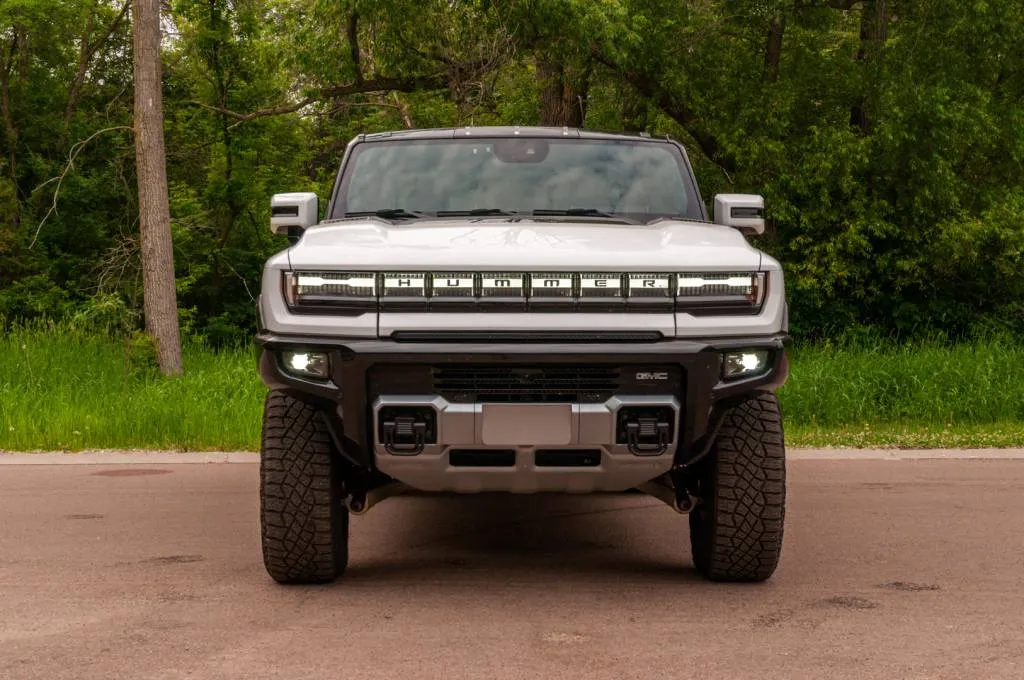
GMC Hummer EV
The 2024 GMC Hummer EV is in the company of gas-guzzlers on the latest list of “meanest” vehicles for the environment. Although the Hummer EV uses less energy than the other big gasoline trucks and SUVs on the list, its emissions related to manufacturing and disposal—including that huge battery—give it a very heavy footprint.
And lawmakers in Kentucky have made a confounding proposal: to “protect” gas station discrimination by not allowing zoning for EV charging anywhere gas stations aren’t. Is this proposal, which could keep EVs from hotels, restaurants, and venues, fueled by increasingly partisan rhetoric about electric cars, or is there some logical sense to this?
_______________________________________

